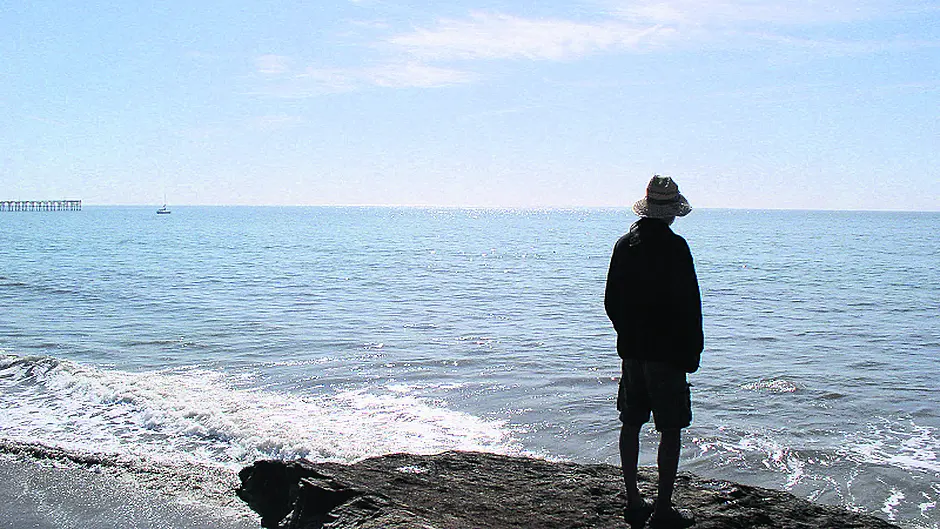There has been a massive 36pc increase this year in referrals made to a homeless organisation in West Cork, reports Sarah Canty
By Sarah Canty
SIXTY-NINE referrals, including 35 children, have been made to the only voluntary West Cork service that deals directly with homelessness.
According to Novas Initiatives in Clonakilty, this is a 36% increase from the same January-September period of 2014, and that number will rise before the end of the year.
Currently, the largest single issue that leads to homelessness in West Cork is mental health (41%) followed by underdeveloped life skills, tenancy sustainment issues, domestic violence and substandard accommodation.
West Cork co-ordinator Patrick Healy works to alleviate homelessness by finding accommodation for homeless people, and providing support to maintain that accommodation. In his work he develops relationships with landlords so that he can make a case for his clients who are unable to do so for themselves.
‘It’s the holistic nature of the service. It’s not just about finding a house. It’s about helping individuals and families engage in community resources, mediating with the landlord and advocating to allow them to sustain their tenancy,’ says Healy.
Healy explains that someone with chronic mental health issues may need help to maintain housing, as well as engaging with mental health services. ‘It’s imperative that they have a stable environment. If they don’t, it’s difficult for all these other services to access and offer assistance. Secure accommodation is a large part of it.’
In many ways, these issues are reflective of national problems. However, rural areas involve unique causes and obstacles.
For example, the remoteness of living in rural areas and the lack of mobility in the form of public transport mean that people find it difficult to access community resources.
The rural economy is unique as well. An economy based largely on tourism and agriculture means that the rural family’s income may fluctuate considerably from season to season.
The tourist economy in particular creates short term accommodation which creates insecure housing. Many houses in West Cork are left empty, while families are unable to find permanent places to live.
With demand for housing outstripping supply, some landlords are hesitant to accept rent allowance. ‘It is a landlord’s market right now and people are being out-priced,’ says Healy.
At the moment the new Housing Assistance Payments (HAP) is another issue. The State-funded Rent Allowance is being phased out as HAPs, financed by the local authority, are being phased in.
Right now HAPs are the only option for new applicants with no rental history in past six months. ‘It is new and there is reluctance by landlords to accept that payment at present,’ says Healy. ‘Unfortunately this is affecting individuals and families on the margin of society.’
Healy says that the barriers presented to people from a traveller background have become more pronounced in the current climate of increased demand in the private rental sector, rent increases, and scarcity of housing.
‘Unfortunately these needs cannot be met through the private rental market at present and there is a need for the local authority to play a role to alleviate further marginalisation of this specific group,’ says Healy. Rural homelessness is relatively hidden. Rather than sleeping rough people seek short term refuge with family or friends. Sometimes people stay in inappropriate relationships because they have no other way to support themselves.
‘There is a lot of unreported poverty – because of stigma and because people in close knit communities will be afraid to approach services for fear of seeming less than others.’ says Healy.
Headquartered in Limerick with offices running in Cork, Kerry and Tipperary, Novas is a non-profit organisation funded by the HSE and the local authorities.
The West Cork office is located in the Cork County Council Offices in Clonakilty. Queries can be directed to Patrick Healy at [email protected]









